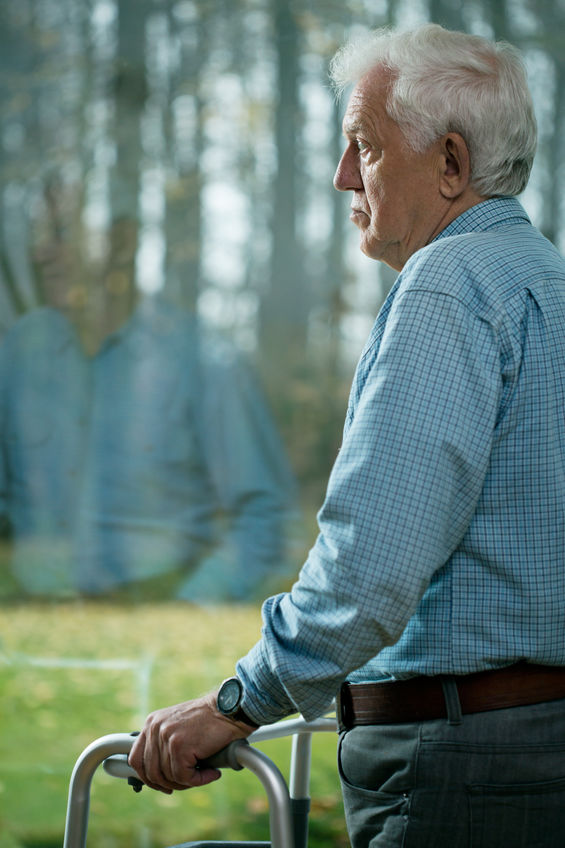What Laws Protect Florida Nursing Home Residents?
January 2, 2020 | Category: Nursing Home Neglect/Abuse | ShareUntil 1987 when the Nursing Home Reform Act was passed by Congress, nursing home care left residents vulnerable. The Act required virtually all nursing homes that received funding from Medicare or Medicaid to follow federal nursing home standards.
 Federal nursing home regulations are in addition to any state laws. These regulations bind all Florida facilities to both federal and state laws. The Federal laws mandate that facilities ensure they have
Federal nursing home regulations are in addition to any state laws. These regulations bind all Florida facilities to both federal and state laws. The Federal laws mandate that facilities ensure they have
- Comprehensive and accurate assessment of each resident’s functional capacity.
- Comprehensive care plans dedicated to each resident.
- Sufficient nursing staff for the number of residents.
- Prevention of deterioration of a resident’s ability to bathe, dress, groom, move, use the restroom, eat, and communicate.
- Proper treatment and assistive devices for vision and hearing.
- Prevention of pressure sores and prompt treatment if one develops.
- Appropriate treatment and services if a resident is incontinent.
- Proper fluid and hydration for each resident.
- Acceptable parameters of each resident’s nutrition status.
- Provision for residents to be able to choose their health care, schedules, and activities.
- Pharmaceutical services that meet each patient’s needs and are free of significant medication errors.
Florida regulations must also be followed if facilities want to continue receiving Medicare or Medicaid funding.
Over the years, there have been some changes in Florida’s administrative rules. In 2012, Florida legislative changes significantly modified background screenings. Florida state regulations for nursing homes fall under the following:
- Minimum Standards for Nursing Homes
- Licensure Rules for Nursing Home Administrators
- Florida Statutes – Nursing Home Administration
- Florida Administrative Code 64E-11, regulating dietary service base on restaurant requirements.
- Florida Assisted Living Regulations
When federal and state laws are not followed and residents are injured, the state of Florida under the Department of Elder Affairs has an ombudsman long-term care program available. The program’s mission is to improve the quality of life for all Florida long-term care residents by advocating for and protecting their health, safety, welfare, and rights. You may access this program at https://ombudsman.elderaffairs.org/.
“We at Spivey Law Firm, Personal Injury Attorneys, P.A. have many years of experience assisting seniors and their families when they are injured in Florida facilities. Please contact us for a no-fee consultation. We are available 24/7,” said Naples Nursing Home Abuse Lawyer Randall Spivey.
Florida Nursing Home Negligence Attorney, Randall L. Spivey is a Board Certified Civil Trial Attorney – the highest recognition for competence bestowed by the Florida Bar and a distinction earned by just one (1%)percent of Florida attorneys. He has handled over 2,000 personal injury and wrongful death cases throughout Florida. For a free and confidential consultation to discuss your legal rights, contact the Spivey Law Firm, Personal Injury Attorneys, P.A., in Lee County at 239. 337.7483 or toll-free at 1.888.477.4839, or by email to Randall@SpiveyLaw.com. Visit SpiveyLaw.com for more information. You can contact Spivey Law Firm, Personal Injury Attorneys, P.A. in Charlotte County at 941.764.7748 and in Collier County 239.793.7748.

